
Blog by Gary Bourlet, Membership and Engagement Lead and self advocate.

CQC recently published their State of Care report for 2020/21.

I read the report and spoke to some members about it.

It feels as though the state of care is in crisis, but that’s nothing new.
That has been the case as long as I can remember.

The thing that is most worrying in the report is about support staff.
Good support staff can make the difference between a good, independent life and not.

Mary, one of the Rep Body members, talked about the importance of good support in this video.
Staff shortages are quite scary to think about.
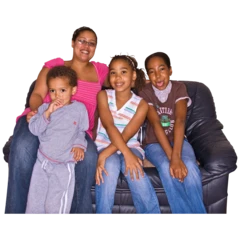
There is a strain on carers and staff, lots of them over worked and underpaid.
A lot has fallen on unpaid carers to pick up.

There is often no proper network locally to turn to in case of help and support.
Members Wendy Burt and Paula Strike talked about this in their lockdown blog.
Staff and carers are burnt out.
Too many people with learning disabilities and/or autistic people either as individuals or as a couple are being left frustrated, angry and upset with nobody to turn to for advice, help and support.

Support staff are over tired because of working too longer hours and not anyone to replace them.
Some people think BREXIT means there are less people to do these jobs.

It will be a long while before we get new qualified staff coming through.
I also often wonder why we are not employing more people with learning disabilities and/or autism as they have lived experience.

Support workers are just not properly appreciated and valued for the important jobs they do.
They are too often paid the minimum wage.
Some people don’t earn enough money to live on and have to turn to food banks.
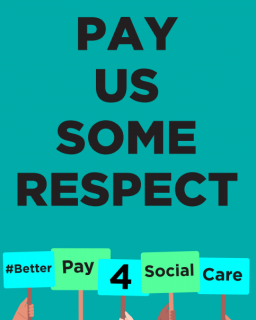
How can this be right?
That’s why Learning Disability England is supporting the #BetterPay4SocialCare campaign.
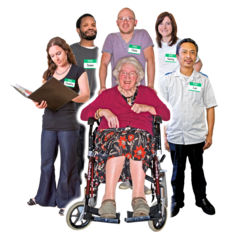
This is not the fault of the organisations they work for.
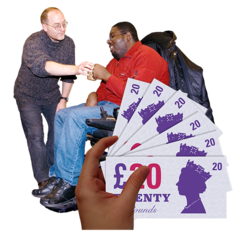
It’s because there is not enough money for social care.

In some areas, services for people with learning disabilities and/autism are seen as not as important.
And there is no coproduction with them and family members who should have a say.

Ben McCay, self advocate member and director at My Life My Choice said:
“What the government doesn’t seem to understand is if people with learning disabilities aren’t getting the right support because there is not enough money, then they will struggle.
Their physical and mental health will get worse.
They will get ill.
And this will put more strain on the NHS.
People’s lives will be harmed and yet it will cost more money in the end, not less.”

Family member Kate Chate said:
“Families are clear that the people that support their loved ones need to know them well, and have the right training for safety and wellbeing.
There is currently a crisis in recruiting people to support the people we love.
Families are deeply concerned about the high turnover of care and support workers, unacceptable numbers of agency staff use, and in some cases dangerously low levels of support. Families foresee the dire consequences of this.
Wages need to rise.
We need the complex nature of the skills involved in care and support to be appropriately remunerated and respected to have safe and successful services.
If you had a stranger turn up at your bedside every morning – how would YOU feel?
Families have been scaffolding the care system throughout the pandemic and will not be able to manage to continue without respite. We need more now than before the pandemic.”

We need better, improved services.
Local Councils would say the funding is not there.
But you don’t need to throw loads of money at improved services, you only need to put it in the right way.

Change is too slow and in some cases gone backwards not forwards.
We need more forward thinking fit for the 21stcentury.

We need next year’s State of Care report to be able to talk about how lessons have been learnt.
And how much better things have become.

Let support staff be paid the real living wage.
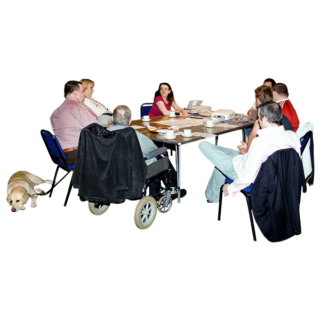
And let there be a co-productive way.
Let people with learning disabilities and families design these services with the people who are paid to support them.
All round the table as equals.

Only then will proper change happen.
